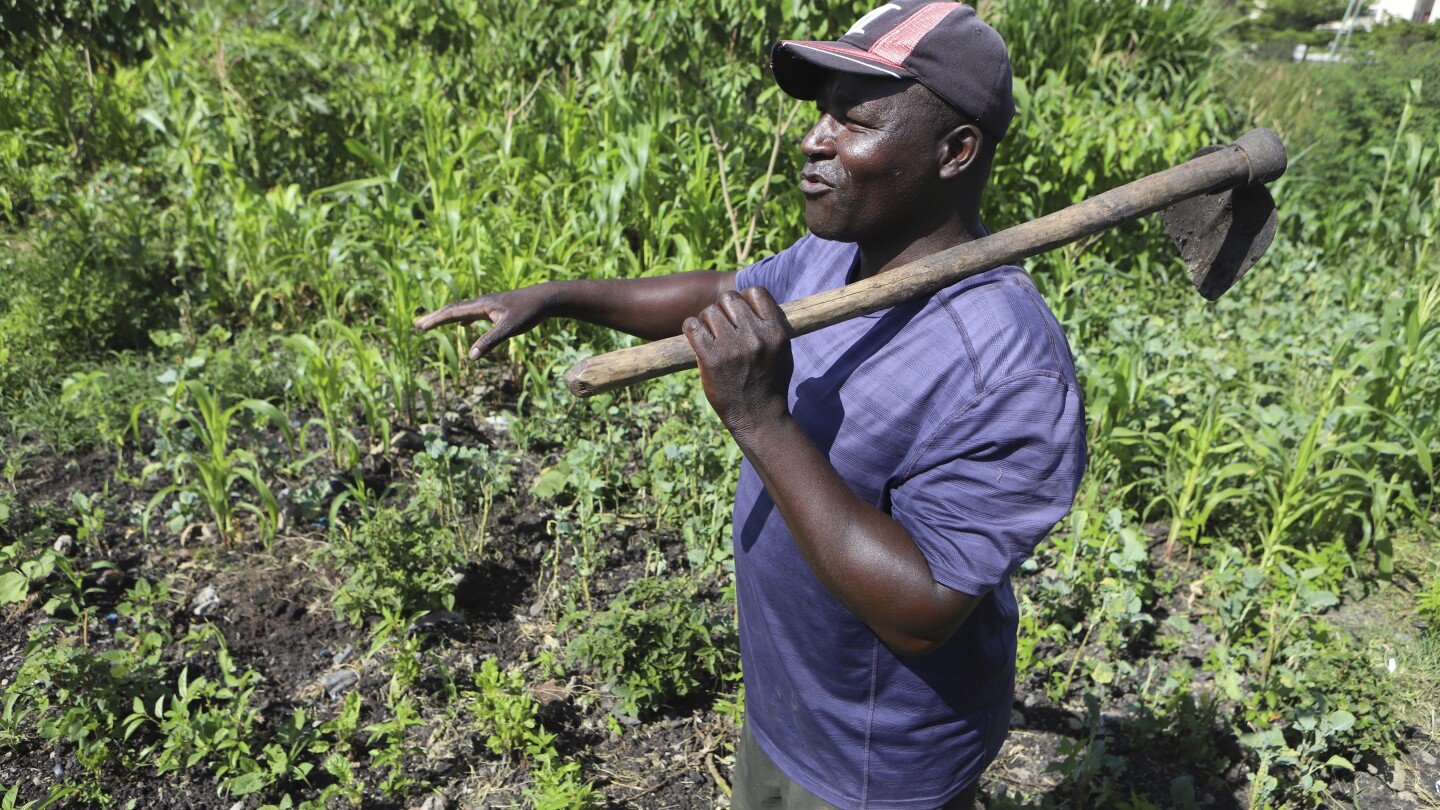When Benson Wanjala started farming in his western Kenya village two and a half decades ago, his 10-acre farm could produce a bountiful harvest of 200 bags of maize. That has dwindled to 30. He says his once fertile soil has become a nearly lifeless field that no longer earns him a living.
Like many other farmers, he blames acidifying fertilizers pushed in Kenya and other African countries in recent years. He said he started using the fertilizers to boost his yield and it worked — until it didn’t. Kenya’s government first introduced a fertilizer subsidy in 2008, making chemical fertilizers more accessible for smaller-scale farmers.
Problems with soil health are growing as the African continent struggles to feed itself. Africa has 65% of the world’s remaining uncultivated arable land but has spent about $60 billion annually to import food, according to the African Development Bank. The spending is estimated to jump to $110 billion by 2025 due to increased demand and changing consumption habits.
“Inorganic fertilizers were never meant to be the foundation of crop production,” he said, later adding that because of “commercially inclined farming, our soils are now poor, acidic, and low in biomass resources, and without life!”



You don’t think a book is worth reading because educators use it as a critical thinking tool?
You always appear to be have taken offense to having asking to be asked to think critically of Shakespeare and cannot see the value of those plays because of this offense.
Fascinating.
The analysis of the piece is the educational purpose not the piece itself. Just like as mentioned Shakespeare. Are you suggesting I should use Shakespeare as to understand modern politics?
Grapes of wrath means nothing to be because I haven’t read it. If there is any important facts within it then they will stand alone.
Otherwise the argument for reading it is the same as the argument of “do your own research”.
Provide something of note or don’t bother. Reading a fiction book isn’t my way of learning about the world and I don’t think it should be yours.